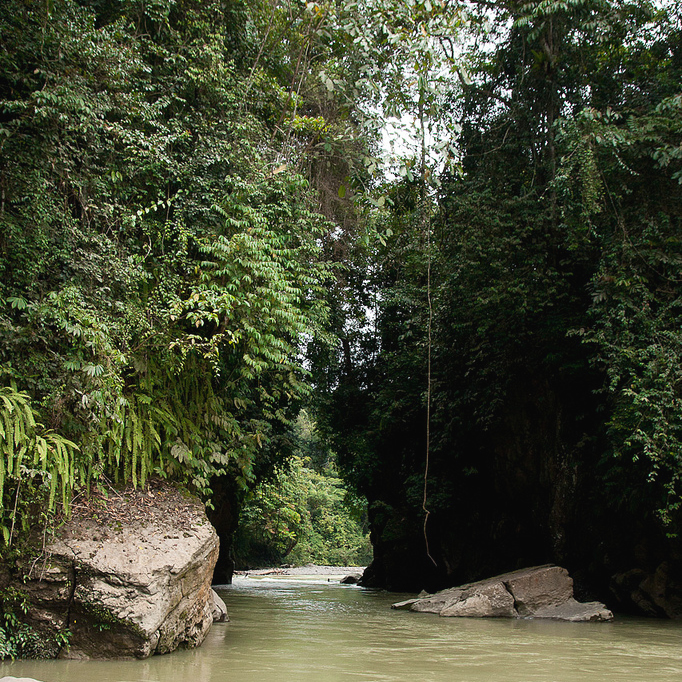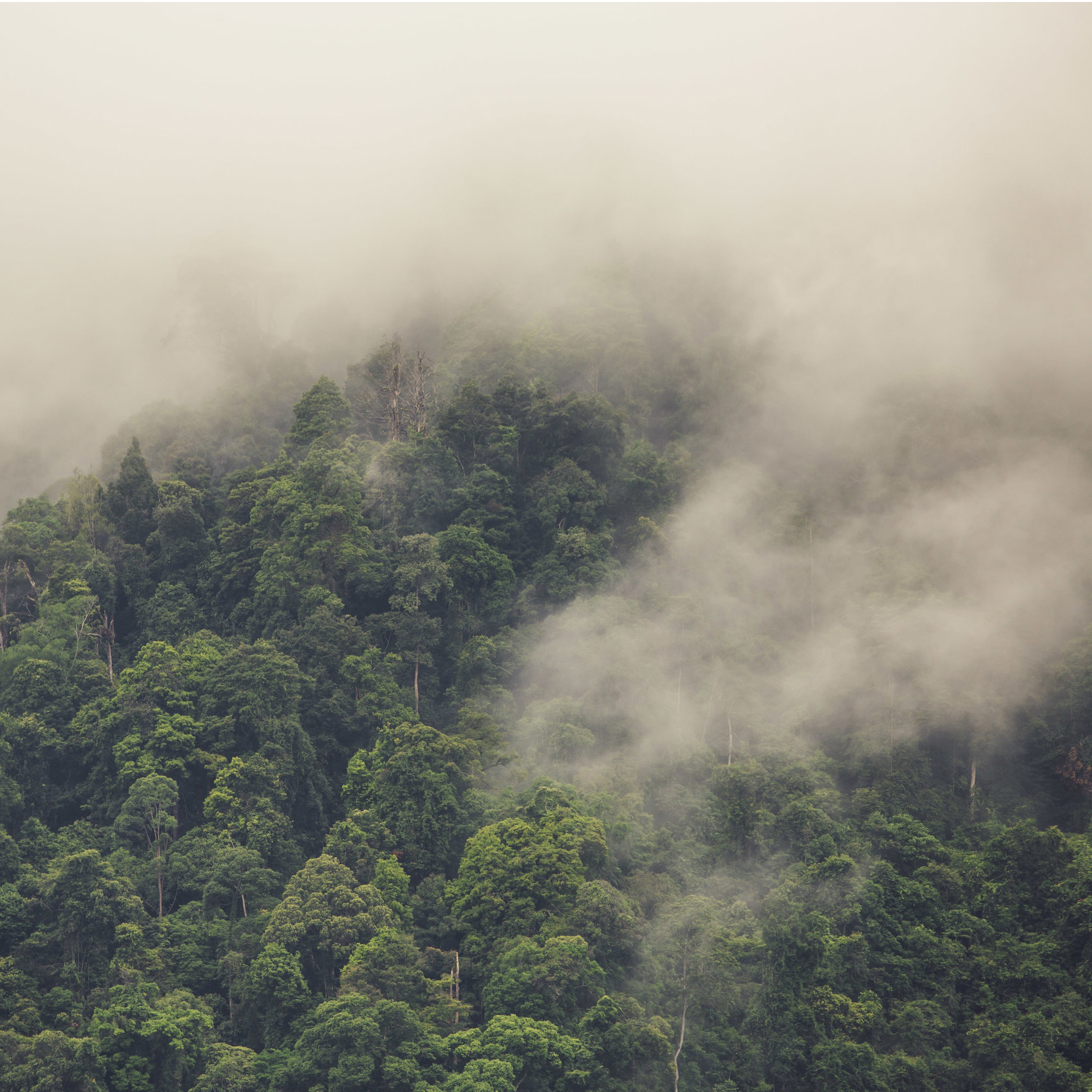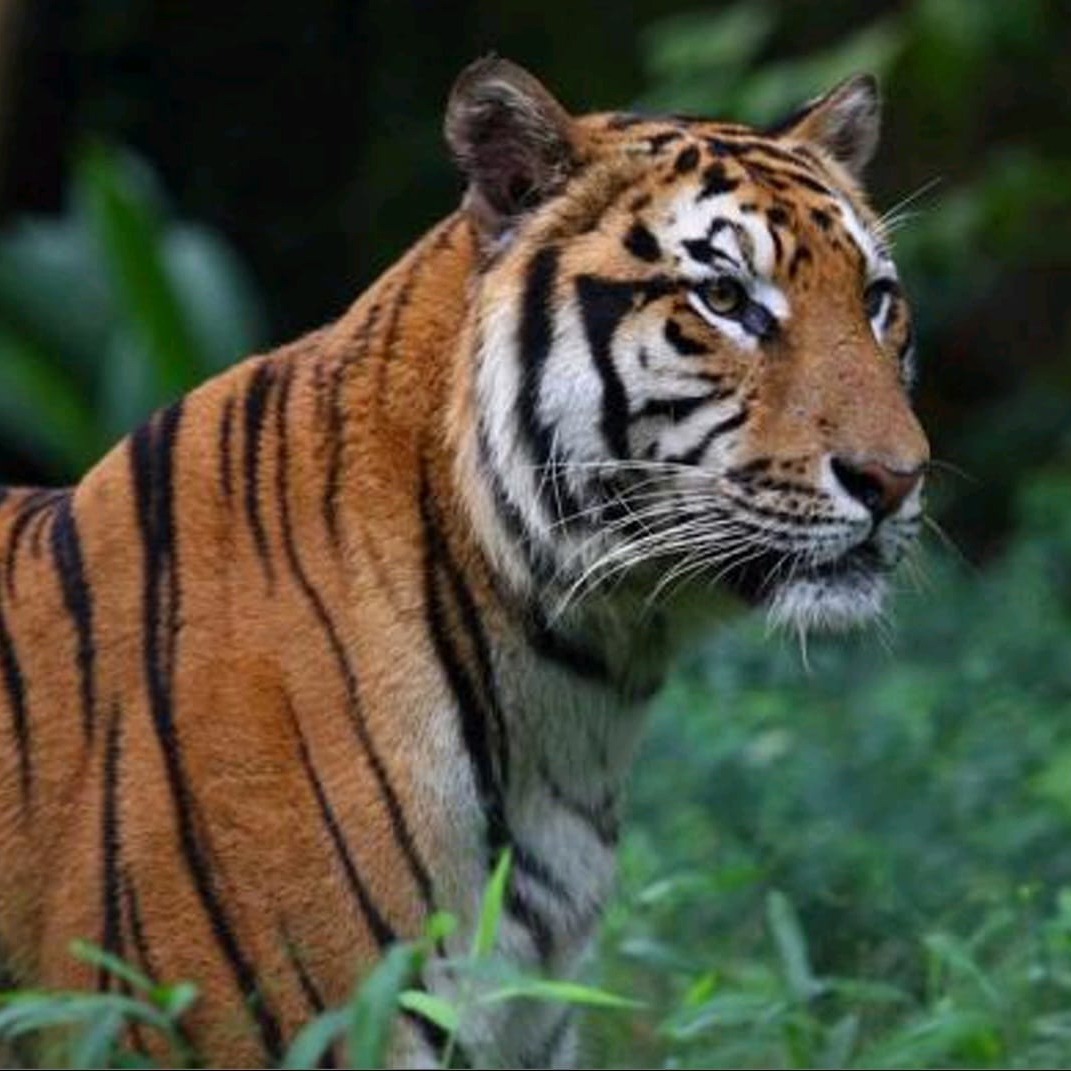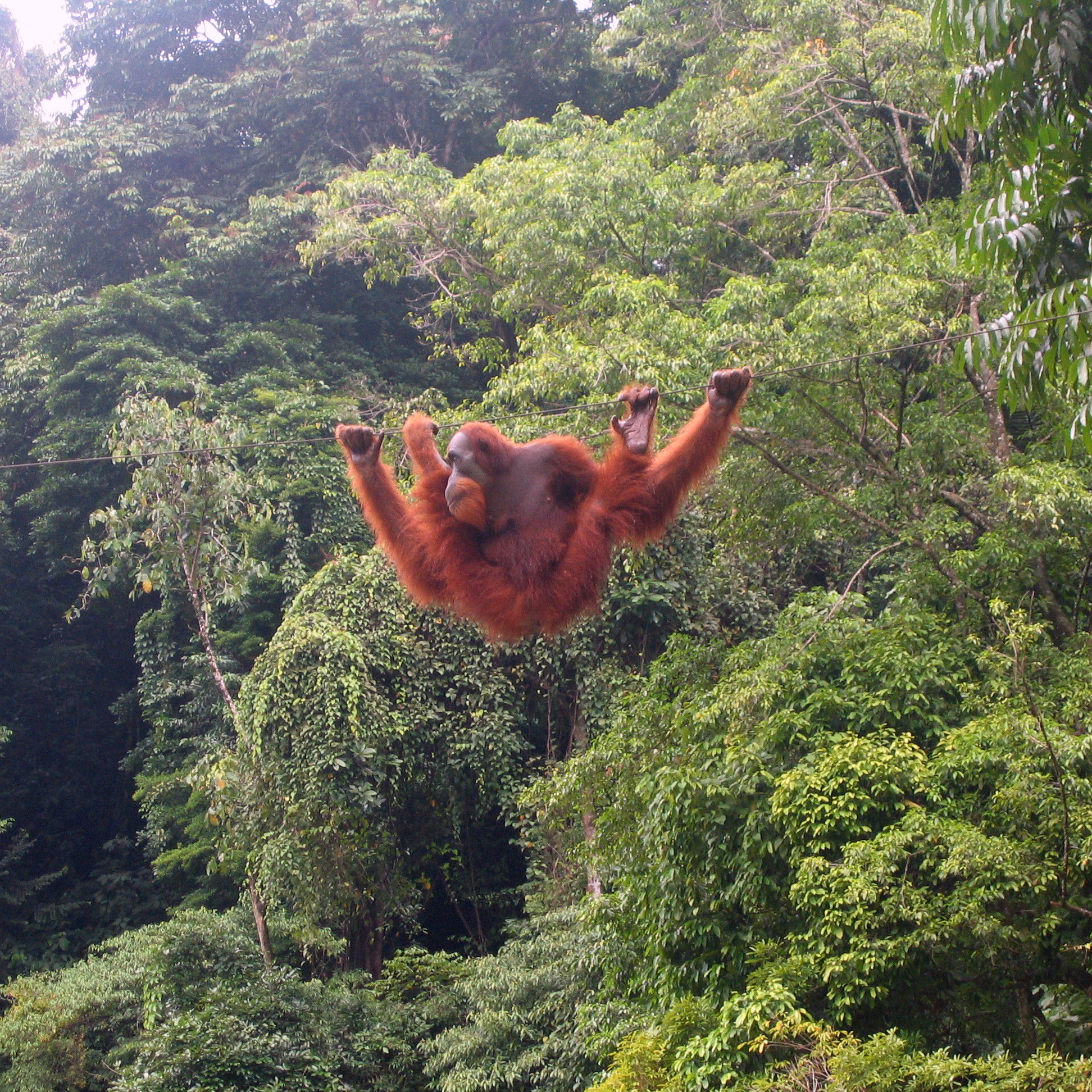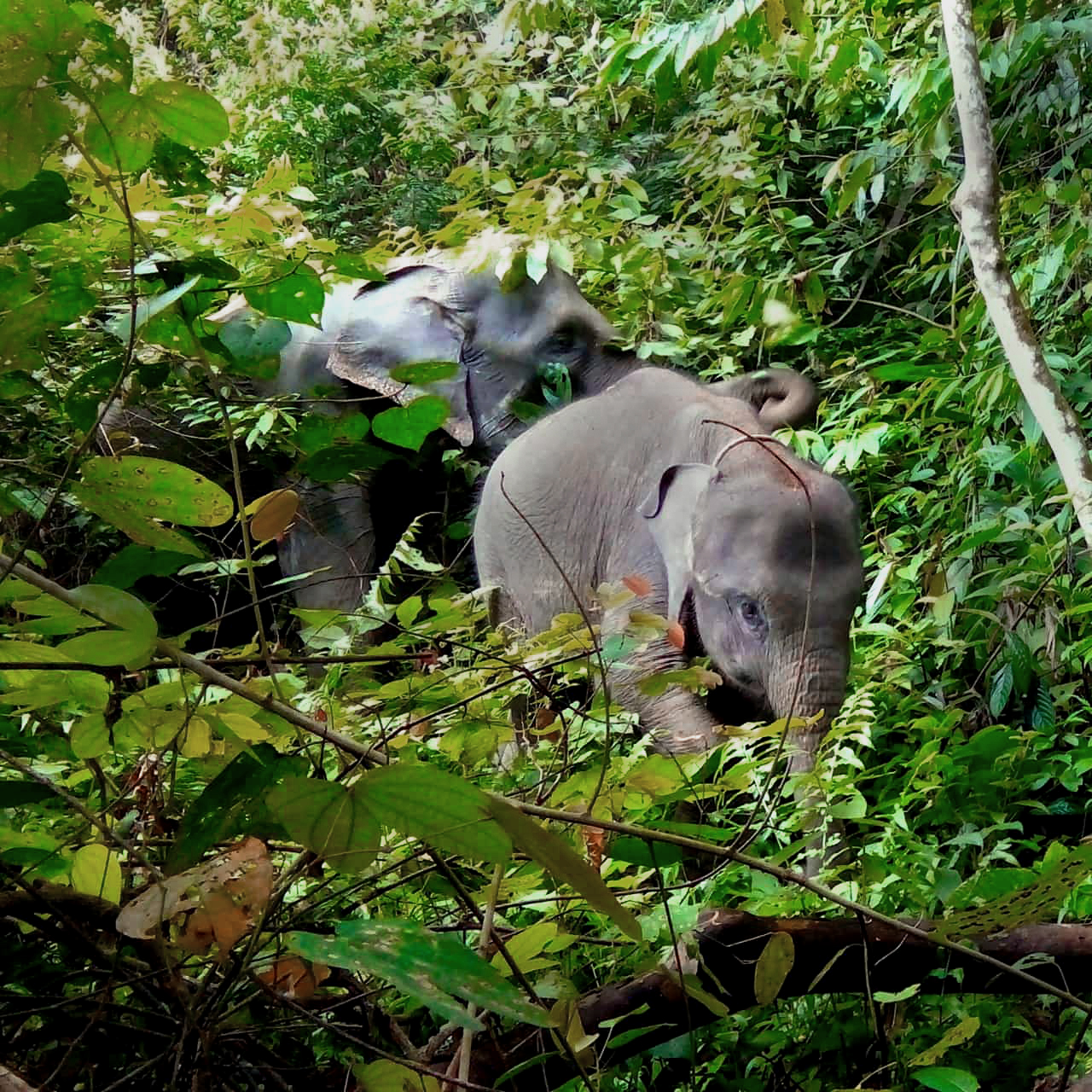Explore the Future of Sustainable Environmental Management
Pioneering EcoTokens for a Greener Tomorrow
Inherent Value of Nature
The highest and best use of any rainforest is to be protected in its natural state.
Protection
We do not require Government support or carbon credits as a precondition of conservation efforts.
Community Engagement
Environmental management achieves it’s maximum effectiveness when it actively engages residents and neighbors of the project
Economic Sustainability
Philanthropy in support of initiatives that are not intended to generate a profit creates a danger of discontinuity. Each project should be designed to generate income sufficient to continue conservation activities.
FOREST EDGE is Indonesia’s first privately owned forest concession to preserve and add native forest back into the Leuser Ecosystem National Parks
Saving The Leuser Ecosystem
Indonesia’s Leuser Ecosystem, one of the largest tropical rainforests globally and an ecological hotspot. However, it now faces increasing threats from agriculture, industry, and infrastructure expansion.
The Leuser Ecosystem is a World Heritage Site on the Indonesian island of Sumatra and is one of the most important intact forest in Southeast Asia. It is important because of its incredible biodiversity, carbon storage, food and livelihoods, endangered species, ecosystem services, and cultural significance. Its preservation is crucial for the health of the planet and the well-being of local communities.

The Leuser Ecosystem in Sumatra, is home to a diverse range of critically endangered large fauna. It is the only place left on Earth where tigers, elephants, orangutans, and rhinos coexist in the wild. The forest’s unique ecosystem supports the survival of these species and many others. Fewer than 400 tigers, 80 rhinos, 1,000 elephants and 13,000 Oranghutans remain in the wild.

FOREST EDGE is a 10,400 hectare private forestry license in Aceh with 54+35 year validity, consisting of two sub-areas:

Forest Edge
Join us in our mission to empower sustainable business practices, preserve wild forests, and enhance carbon sequestration in the Sumatran habitat through innovative blockchain solutions.
The Forest Edge Project is Indonesia Conservation Ecosystems’s (ICE) plan for the sustainable environmental management of a 10,384 ha Forestry Concession in Aceh Province, and consists of the production of wood pellets as sustainable fuel for electricity generation, the conservation of 3,800 ha of primary rainforest, and other supporting and community-based activities.
Previously Degraded Land Ready for Reforestation
Landscape
This area has been previously logged and is now scrub and grassland.
Restoration Plan
This will be replanted with a fast-growing species such as Calliandra.
Market Plan
Transform the Calliandra biomass feedstock into renewable energy wood pellets to substitute for coal in power generation.
Preservation Area Bordering The Leuser Ecosystem
Landscape
It is currently covered by intact natural tropical rainforest with endangered Sumatran tigers & elephants.
Conservation
This avoided Deforestation Block will be preserved. This area is licensed for logging, but will be permanently protected from exploitation as a biodiversity conservation area.
Forest Edge Vision
To help to safeguard the pristine diversity of Aceh’s Leuser Ecosystem, and to assist organisations currently working to nurture this globally important area, Forest Edge envisions a sustainable and secure haven where:
-
- endangered species thrive in preserved and restored habitats;
- through dedicated forest rehabilitation initiatives, critical watersheds and soils are preserved and carbon is sequestered by fast growing tree species, enhancing the ecological resilience of the area; and
- the Project fosters harmonious relationships with local communities and enriches community life by contributing to lifestyle, cultural and linguistic conservation and promotion, ecotourism and stewardship of the area’s natural heritage.

FOREST EDGE is a pioneer of Tokenisation of Forestry Real World Assets (RWA's)
What are Forest Edge EcoTokens?
We invite you to the join Forest Edge Project to raise capital, build a community and establish a functional space for Stakeholder dialog and decision making by purchasing blockchain-based EcoTokens representing aspects of the Project. The terms of the EcoTokens are set out in Smart Contracts that are immutably posted on the blockchain, and will be designed to grow in value if the Project succeeds.
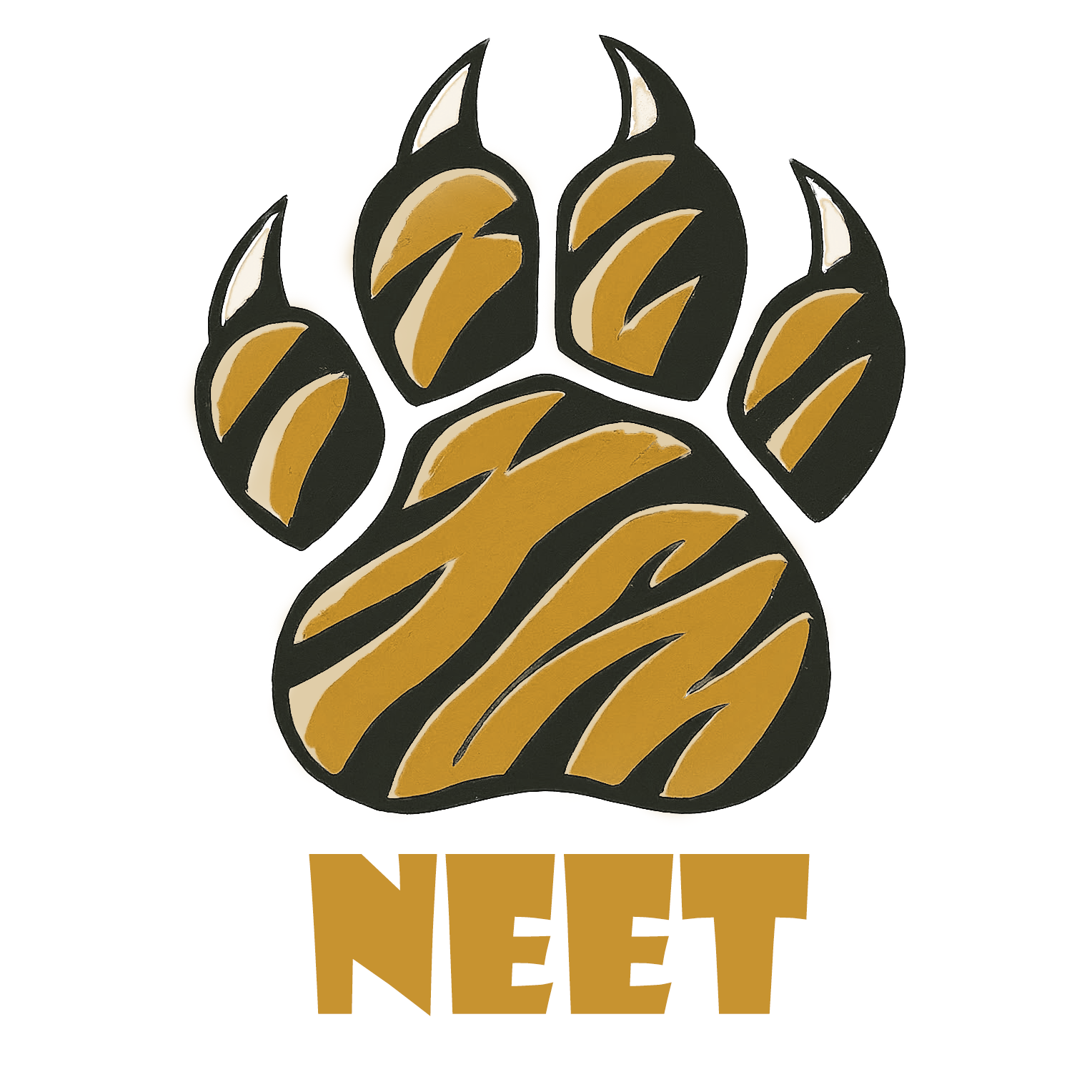
Natural Environment EcoTokens (NEET)
NEET represent the carbon sequestered in and biodiversity of the preserved land area either within the Concession, or within another future projects.

Forest Edge EcoTokens (FEET)
FEET represent a Stakeholder’s participation in the Project. FEET Holders will be viewed as similar to Shareholders by Management. FEET focuses on rehabilitation of previously logged areas by establishing plantations with fast growing tree species and other flora such as shade crops; the biomass generated on this land will be used as feedstock to make wood pellets, biochar and other sustainable forestry products.
01
Purpose of EcoTokens
EcoTokens are designed to empower community members to actively participate in the Forest Edge Project. They represent a stake in our mission to preserve wild forests and promote sustainability.
02
Token Distribution
03
Impact on Forest Edge
04
Growth Potential
05
Community Engagement
06
Long-term Vision
Why Use Blockchain?
Using a crypto token with a real-world asset instead of a traditional equity share structure offers several advantages, including increased liquidity and global access, reduced transaction costs, faster transactions, and enhanced transparency due to blockchain technology. Tokens provide flexibility with programmable features, enable decentralized governance, and facilitate innovative financial products through asset tokenization. Additionally, tokens help build and engage a community, and align incentives with project success, making them a more efficient and inclusive approach to financing and managing projects.
- Liquidity and Accessibility
- Efficiency and Transparency
- Innovation and Flexibility
- Community Engagement and Incentives
- Increased Liquidity: Ecotokens can be traded, providing liquidity that is often higher than traditional equity shares.
- Global Access: Ecotokens can be bought and sold by investors worldwide, making it easier to attract a larger pool of investors.
- Lower Barriers to Entry: Ecotokens make investing accessible to a broader audience, including those who cannot afford traditional shares.
- Reduced Transaction Costs: Blockchain technology can reduce the costs associated with issuing and trading shares, such as fees for brokers and other intermediaries.
- Faster Transactions: Transactions can be completed more quickly compared to the traditional stock market, where settlement times can take several days.
- Enhanced Transparency: Blockchain’s immutable ledger ensures transparency in transactions and ownership, reducing the risk of fraud
- Programmable Tokens: FEET EcoTokens can have built-in features like dividends, voting rights, or other governance mechanisms, providing more flexibility than traditional shares.
- Decentralized Governance: EcoToken holders can participate in decentralized decision-making processes, creating a more democratic and inclusive governance structure.
- Asset Tokenization: Tokenised Real World Assets (RWA) allow for digital representational ownership of physical assets or the ability to integrate with decentralized finance (DeFi) platforms.
- Community Building: EcoTokens can be used to build and incentivize a community around a project, encouraging participation and loyalty.
- Incentive Alignment: EcoToken holders are often more engaged with the project’s success, as the value of their tokens is directly tied to the project’s performance.
Indonesia Conservation Ecosystem (ICE)
PT Numada (numada.com) is a general business consulting and project development firm incorporated in Indonesia in 2013. Yayasan Tunas Hijau Lestari (YTHL) is an Indonesian foundation established in 2020 whose aims and objectives include forest and ocean conservation and the development and protection of natural resources on land and in the sea. Numada and YTHL have joined together to create the Indonesia Conservation Ecosystem (ICE), a community-driven forest conservation and environmental management program.
ICE’s Chair and driving force is Dr Bret Mattes, a geologist and earth scientist who holds a graduate degree in oceanography and in 2019 received a Forestry Management diploma from Michigan State University. He is also the Chair of the Association of Low Carbon Businesses in Indonesia and a Board Member of the Indonesian National Centre for Sustainability Reporting.
ICE’s first project is the Forest Edge Project in Sumatra (forestedge.co.id), which has been launched with the purchase of the Project Company, which has a 10,384 ha Forestry Concession in Aceh Province, Indonesia. The Company is owned 95% by Waldstar B.V., a Netherlands company and an affiliate of Numada, and 5% directly by Numada. The Concession, which has been renamed Forest Edge, is a 60-year Tree Plantation (Hutan Tanaman Industri or HTI) License expiring in 2071, extendable for another 35 years. Primary forest within the Concession, estimated at 3,800 ha, will be preserved. Most of the remaining 6,600 ha, which contains degraded forest, will be replanted as either Conservation Area or Plantation Area.
If the Forest Edge Project achieves good results, ICE will expand into other sustainable environmental opportunities. Initiatives currently under consideration include:
-
- Cooperation with oil & gas block operators in Sumatra to restore peatland and other natural forest conditions that have been degraded due to oil & gas production activities
- Expanding ICE management into other forestry concessions near the Forest Edge Project
- Securing a role in a forest management project associated with renewable energy generation that is now under discussion with the Malaysian Government
The ICE Team
Our dedicated ICE team is at the heart of the Forest Edge Project, bringing together expertise in sustainability, project development, and community engagement.
To bring forth a better world of forestry management, the ICE team knew they had to integrate theory and practice, applying what they learned in their decades in expert positions in Indonesia. After identifying key barriers to Tokenisation accessibility and adoption, the ICE team set out to build the next generation of forest management with blockchain.

Bret Mattes
Chief Sustainability Officer
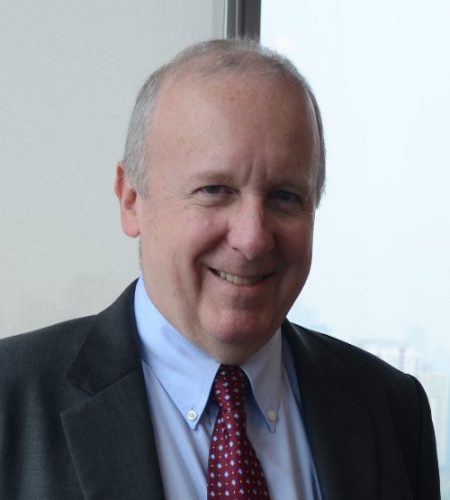
Tom Shreve
Project Development Lead
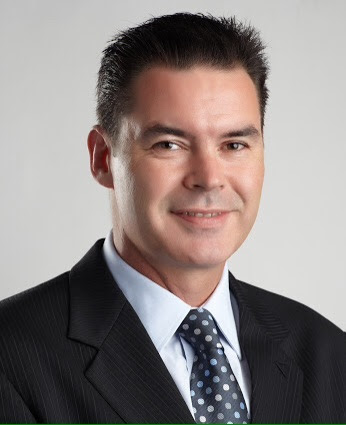
Luke Rowe
Community Manager

Andrew Campbell
Community Manager
Support the Forest Edge Project
Join us in our mission to preserve wild forests and promote sustainability. Purchase EcoTokens today or get involved in our community to make a lasting impact.

